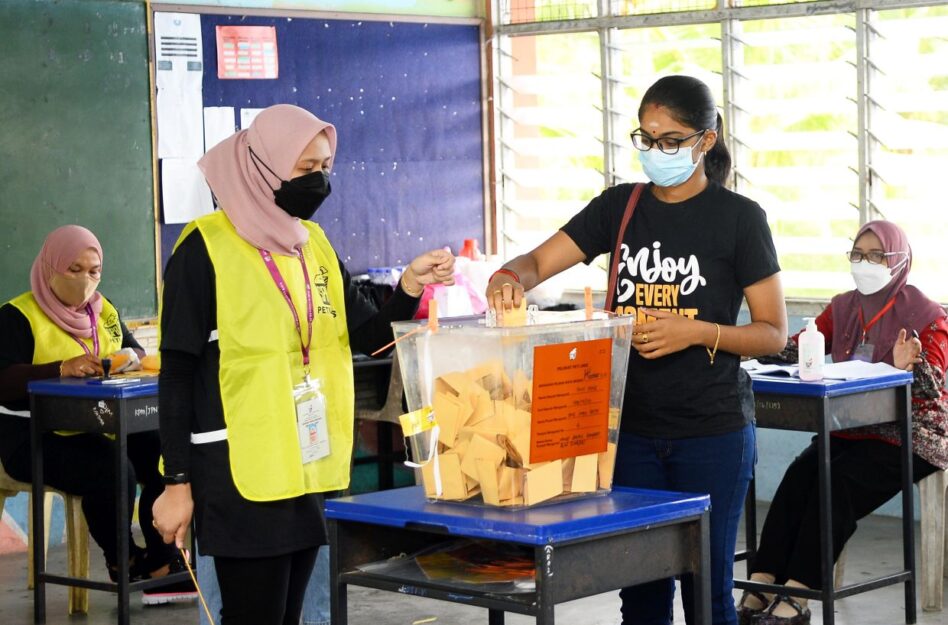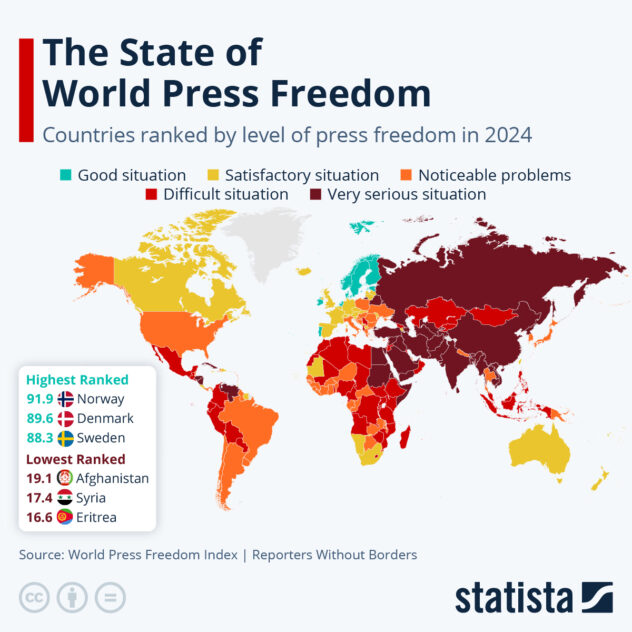By Ranjit Singh
THE current Covid-19 pandemic is expected to result in an increase in impaired loans (non–performing loans) but the local banking sector is well-positioned to cushion it, says S&P Global Ratings.
It said in a statement recently that it expects slower credit growth and a higher non-performing loan (NPL) ratio for Malaysian banks amid challenging operating conditions.
The international rating agency noted that banks are facing a host of headwinds from a position of strength, supported by their solid performance in 2019.
“We are revising down our credit growth forecast for these banks to 1%-3% in 2020, from the previous 3%-5%. We now expect NPLs to reach 1.7%-1.8% of outstanding loans this year, versus 1.5% as of Dec 31, 2019,” said S & P.
It said the forecasts were based on the assumption that the global Covid-19 outbreak will subside and the domestic political stability can be restored over the coming months.
The banking sector in Malaysia is well capitalised and able to withstand shocks to it including a spike in impaired loans.
Dr Yeah Kim Leng, professor at Sunway University told FocusM that an increase was expected in impaired loans during the Covid-19 outbreak period as supply chains were interrupted.
“Due to the economic impact of the Movement Control Order (MCO) and similar measures taken in other Covid-19 affected countries, we expect an escalation in household and business NPLs. It could be mitigated by payment moratoriums by banks and relief financing and loan packages rolled out in the Feb 27 Economic Stimulus Package. A bigger and broader stimulus to be unveiled on March 31 could also reduce bankruptcies and loan delinquencies.
“However if the MCO is extended, which appears likely in view of the rising infection rate, this would add to the already widespread household and corporate financial distress. Fortunately the banks’ strong capital adequacy and low initial NPLs put it in a favourable position to cope with the expected rise in NPLs,” said Yeah.
As a measure to quell the spread of the virus, the government had imposed the MCO from March 18 to 31 and it is expected to cause severe hardship to businesses although the government had promised favourable financing packages and the banks are willing to offer moratoriums on loan payments.
Dr Afzanizam Abdul Rashid, chief economist at Bank Islam Bhd, told FocusM that it was a norm to see a spike in impaired loans during periods of economic weaknesses.
“It’s quite common to see rising impairment of NPLs during a weak economy. The relationship between impaired financing and GDP is negatively correlated. Meaning, the stronger the economy the lower is the impairment ratio.
“Despite that, banks have always been vigilant in their risk assessment and their regular stress testing which is supervised by Bank Negara Malaysia (BNM) would ensure a robust credit policy. Additionally, BNM and the government have been proactive to ensure risks of higher impairment can be contained.
“Measures such as moratorium and special relief facilities for SMEs would mean that the risks of higher impairment can be managed adequately,” said Afzanizam. – March 24, 2020










